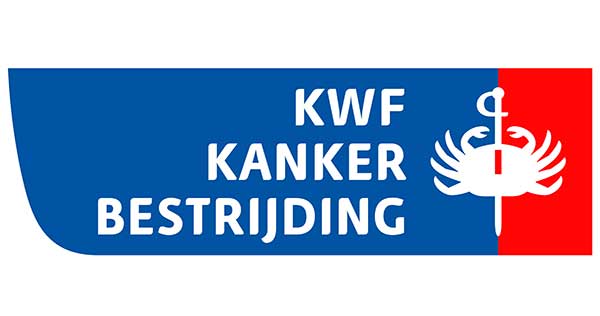Developing a mass spectrometry-based screening method to identify targets for immunotherapy to cure and prevent hepatitis B-related liver cancer
Project summary
Hepatitis causes 1 million deaths a year and 0.5 billion people are infected with hepatitis virus. 60-70% of all Dutch cases of liver carcinoma are related to hepatitis, thus it is important to develop better treatments.
One approach is to discover which type of liver cells are prone to develop into cancer cells after interaction with the virus. Previously, laboratory experiments showed that Lgr5 stem cells are prone to turning into cancer cells. Also, another, highly resistant cell type develops out of this Lgr5 stem cell which explains the resistance of liver carcinoma for current treatment. Now they try to prove that their findings are consistent with developments in patients. The other approach is to strengthen a patient’s immune system by looking which protein fragments trigger an immune reaction after a virus infection and after a liver cell becomes a liver cancer cell with as ultimate goal to develop a virus that can both treat a liver cancer cell and prevent hepatitis infection.
Impact
- To find which type of liver cell is prone to develop into a liver cancer cell and which type is prone to become a treatment resistant cancer cell so they could develop new and more effective treatments
- To find which fragments presented by hepatitis infected cells and by liver cancer cells trigger an immune reaction to develop a vaccine that can both cure liver cancer and prevent hepatitis infections
More detailed information
Principal Investigator:
Role Erasmus MC:
Coordinator
Department:
Project website:
Funding Agency:
KWF Kankerbestrijding



